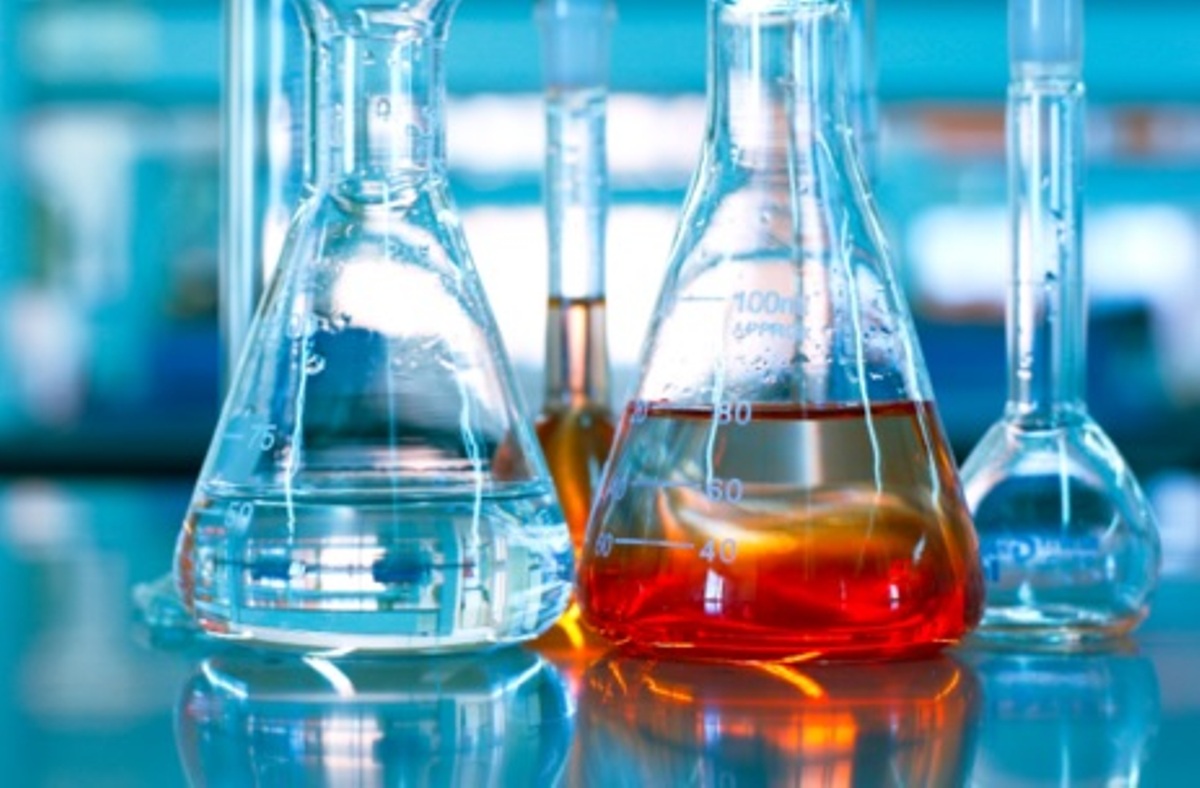
The global market for rheumatoid arthritis treatments is expected to grow at a CAGR of...
Learn More
Our consulting solutions address company specific challenges with respect to micro environment...
Learn More
Organizations frequently need day-today research guidancein order to gain strategic...
Learn More
Exploring different areas of market research and market analysis is a key factor...
Learn MoreAcute Market Reports presents the most extensive global business research services across industries. Our research studies focus on potential outcomes, benefits, and risks associated with each market segment across geographies. Having served our global clients for more than 10 years, our prime priority is to enable our clients in making well-informed business decisions through a data-driven, analytical, and uncomplicated research approach.
We provide access to the world's most comprehensive, analytical, and updated business intelligence services and solutions.




The deep learning chipset market is expected to grow at a CAGR of 24.7% during the forecast period of 2025 to 2033, driven by technological advancements, increased adoption of AI in key industries, and the growing demand for high-performance computin...
Read More
The specialty amino acids market is expected to grow at a CAGR of 8.1% during the forecast period of 2025 to 2033, driven by multifaceted factors influencing its trajectory. The specialty amino acids market is poised for dynamic growth, driven by rob...
Read More
The soybean food and beverage products market is expected to grow at a CAGR of 5.5% during the forecast period of 2025 to 2033. Soybean food and beverage products market encompasses a diverse range of products derived from soybeans, including soy mil...
Read More




